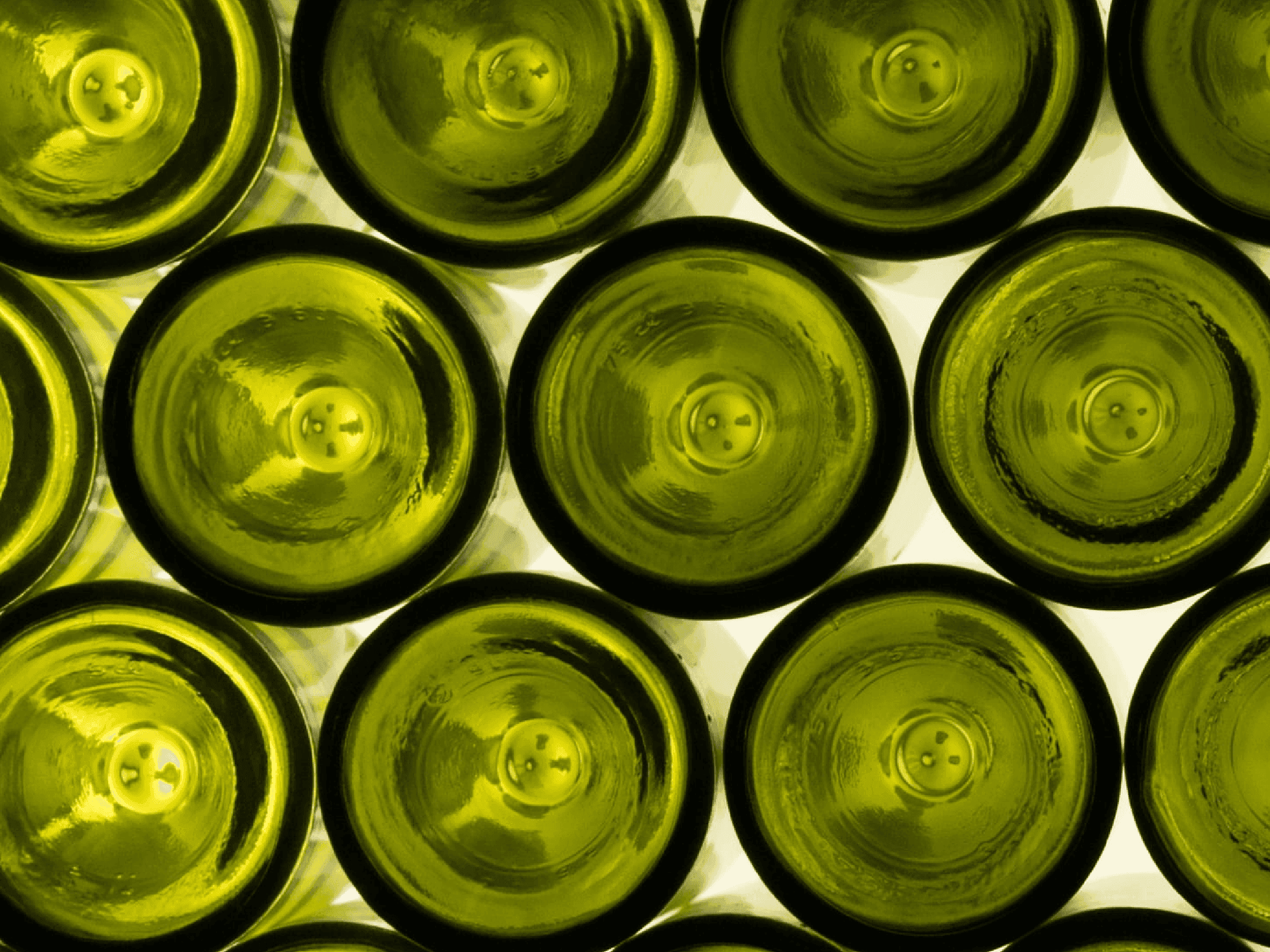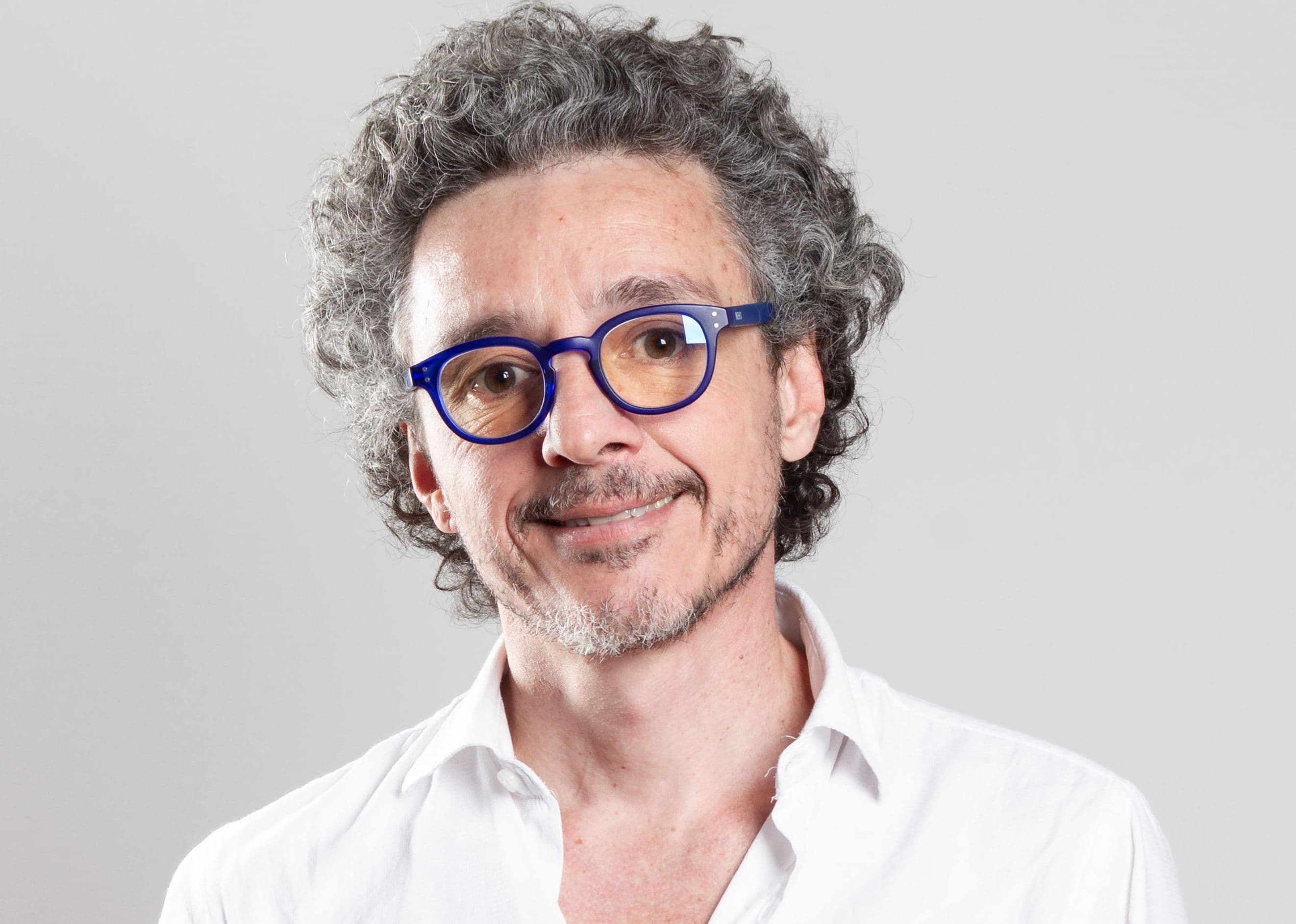
08/08/2024
Embracing the Circular Economy in glass production
By Arlene Carvalho, from Movimento Circular
Supported by the decree that regulates the reverse logistics of glass packaging in Brazil, “Circula Vidro” was recently launched to structure and implement this logistics in the country, aiming to increase recycling rates. The managing entity is dedicated to promoting process efficiency, environmental education, and raising the glass recycling rate from 25% to 40% by 2032.
“Brazil has had Reverse Logistics actions in various sectors for a long time, with a significant milestone being the 2010 National Solid Waste Policy, which established the foundations and shared responsibility for the product's life cycle. However, as it is a broad policy, more detailed regulation was necessary. In 2022, Decree 11.300 regulated reverse logistics by type of material, being the first federal decree to do so. This decree introduced the figure of the Managing Entity, a role that Circula Vidro now plays,” says Circula Vidro CEO, Fábio Ferreira.
Circula Vidro was founded by the Brazilian Association of Glass Industries (Abividro), the Brazilian Beverage Association (Abrabe), and the National Beer Industry Union (Sindicerv).
“They are our main sponsors and have a seat on the Executive Board, which helps guide the entity with strategies and priorities, as well as supervise our performance. They also make direct investments in reverse logistics programs, bringing experience that we seek to unite and amplify,” adds Ferreira.
The main challenges in implementing reverse logistics are: different state regulations versus national regulation; long distances to transport recyclable glass back to factories and make glass handling economically viable. For Circula Vidro's CEO, among the strategies to increase glass recycling by 2032, one can cite: acting in a coordinated manner to maximize investments; making the process more attractive to operators; expanding environmental education initiatives and direct investments in the post-consumer glass chain; as well as partnerships with waste picker cooperatives and the implementation of voluntary delivery points.
Circula Vidro emerges as a strong agent in promoting the Circular Economy in Brazil, seeking to transform the way the glass cycle is managed. With ambitious goals and a commitment to innovation, Circula Vidro reflects the evolution of environmental policies in Brazil.
About Circular Movement
Created in 2020, Circular Movement is a collaborative ecosystem committed to encouraging the transition from a linear to a circular economy. The idea that all resources can be reused and transformed is the motto of the Circular Economy, the basic concept of the movement. Circular Movement is an open initiative that promotes collaborative spaces with the aim of informing individuals and institutions that a waste-free future is possible through education and culture, the adoption of new behaviors, inclusion, and the development of new processes, products, and attitudes. The work is done in partnership with Dow, a chemical, plastics, and agricultural products company based in Michigan, USA. Circular Movement currently impacts 2 million people through its activations and content.
And you? Do you want to learn more about Circular Economy?
If you are interested in learning more about this topic, access Circular Academy, the first free Latin American course on Circular Economy aimed at the general public. Together, in partnership and collaboration, we can make a difference in building a more circular planet.

